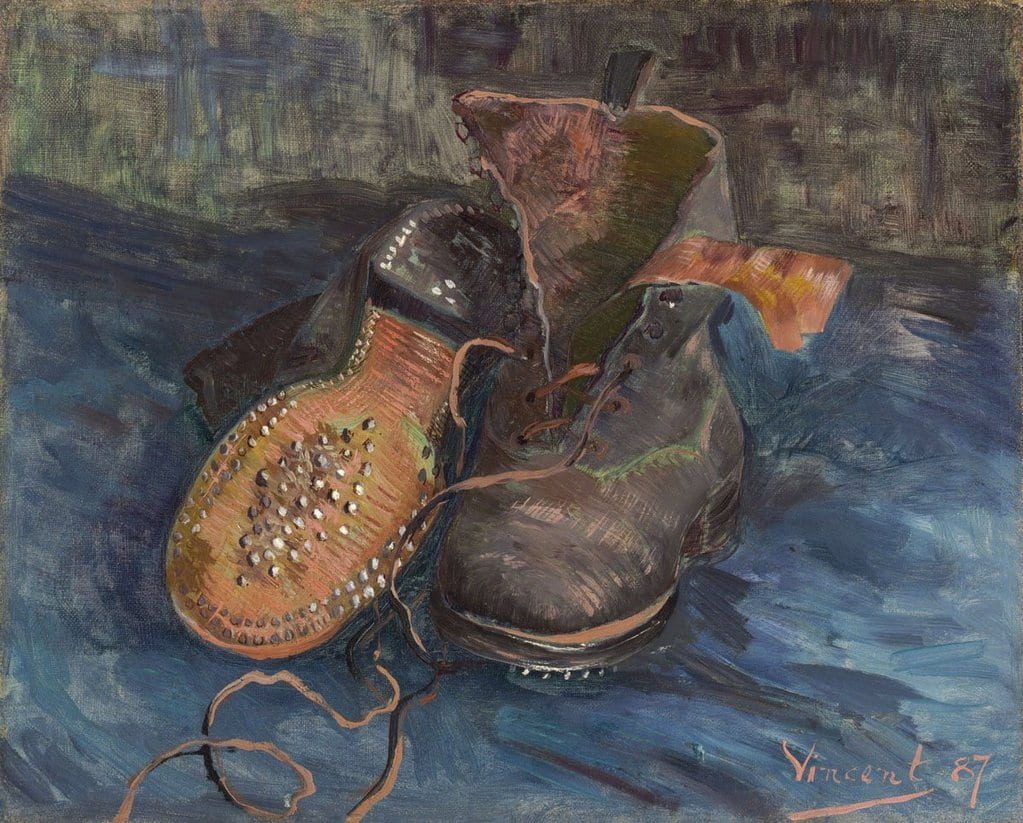Recently, while DePaul University celebrated Commencement in style—and in person—for over 4,500 students, some members of our community had their attention focused on a different celebration: the induction of DePaul women’s basketball coach Doug Bruno into the Women’s Basketball Hall of Fame. On June 11 in Knoxville, Tennessee, Coach Bruno received the coveted Eastman Trophy and the Baron Championship Ring, signifying membership in an elite club. Surrounded by family, friends, and Blue Demon fans, he joined the likes of basketball legends Pat Summit, Geno Auriemma, and over 150 other previous inductees in being recognized for his exemplary impact—past, present, and future—on women’s basketball and on the game itself.
This milestone is a reminder that the connection between DePaul’s mission and our Athletics Department is long, deep, and uniquely personified in the journey of Coach Bruno. His relationship with DePaul began as a student athlete under the tutelage of legendary men’s basketball coach Ray Meyer (himself a Hall of Famer). Bruno was first named the head coach of the DePaul women’s basketball program in 1976, and he has led them for the past thirty-four years, twenty-five of which have seen the Blue Demons advancing to the NCAA tournament. Coach Bruno has guided teams to championships and star players to the WNBA. At the same time, he has supported his squads as they have earned the Big East Team Academic Award in nine of the last eleven seasons for having the top team GPA. He has assembled a talented coaching staff who are as dedicated as he is to team success on and off the court. His players are known for their commitment to academics, community service, and hard work. Clearly, Coach Bruno has taken Vincent de Paul’s words to heart: “Doing good isn’t everything; we have to do it well.”[1]
Vincent left us this inspiring quote, and many more, while heeding God’s call to serve the poor and to gather companions to serve with him. Despite the worthiness of this aspiration, Vincent and his followers faced grueling challenges. Toward the end of his life and with wisdom based on experience, Vincent said, “Rarely is any good done without difficulty.”[2] Experience also taught him that with faith, community, and an abundance of perseverance and constancy[3] difficulties would be overcome and his community’s goals would be attained.
Vincent probably wouldn’t have had much of value to share with Coach Bruno about the X’s and O’s of basketball. Yet Vincent’s insight about the need for faith and perseverance when meeting challenges and working toward worthy goals is just as sagacious now as it was almost 400 years ago, especially when viewed through the lens of a Hall of Fame coaching career.
Indeed, Vincent said many things in his era that seem to travel through the ages and resonate with our time. For instance, in bidding farewell to a community member, Vincent assured him that “with God’s help, you will continue to succeed in your leadership and in your duties.”[4] May the same be true for you, Coach Bruno!
Questions for reflection: Who are the “Hall of Famers” that you know at DePaul? Who are the people whose commitment to our community and whose perseverance in the face of challenges have inspired you or changed DePaul for the better? How or what could you learn from them? Is there some way you may let them know the gift they have been for you?
Reflection by: Tom Judge, Assistant Director and Chaplain, Faculty and Staff Engagement, Division of Mission and Ministry
[1] Conference 201, “Simplicity and Prudence (Common Rules, Chap. II, Art. 4 and 5),” March 14, 1659, CCD, 12:148. Available at https://via.library.depaul.edu/vincentian_ebooks/36/.
[2] Letter 1487, “To Philippe Le Vacher and Jean Barreau,” [1652], CCD, 4:361. Available at https://via.library.depaul.edu/vincentian_ebooks/29/.
[3] “God allows this to give rise to the practice of two beautiful virtues: perseverance, which leads us to attain the goal, and constancy, which helps us to overcome difficulties.” See Letter 1228, “To Guillaume Cornaire, in Le Mans,” June 15, 1650, CCD, 4:36-37.
[4] Letter 863, “To Jean Martin, in Genoa,” September 27, 1646, CCD, 3:66. Available at https://via.library.depaul.edu/vincentian_ebooks/28/.



